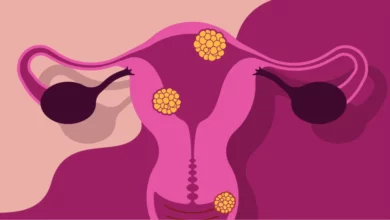Health & Fitness
What Happens to Your Body When You Sleep in a New Place
October 13, 2021
2,004 3 minutes read
If you have ever spent at least one night in a hotel room, at a friend’s, or anywhere else away from home, you probably know how difficult it is to get a good night’s sleep while you’re not in your bedroom. Scientists conducted an experiment and it turns out that this bizarre phenomenon has a scientific explanation.
We at HEALTH were impressed by the findings scholars made and want to share them with our readers.
Scientists don’t really know why we need to sleep.
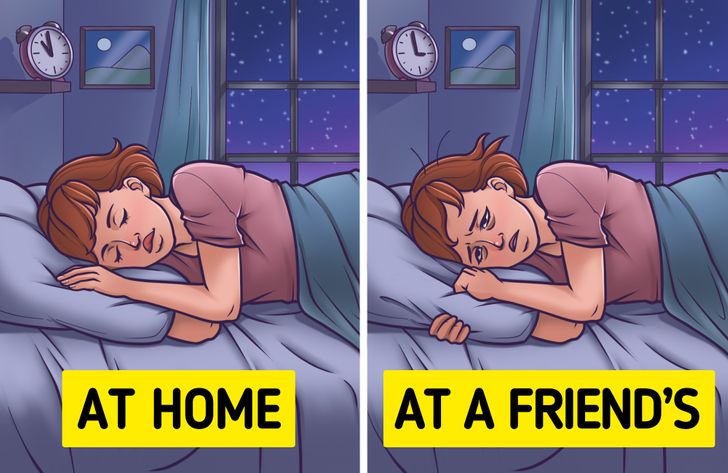
Before we jump into the experiment, let’s first answer the basic question — why do we need to sleep in the first place. Surprisingly, scholars don’t really know why exactly animals and humans need to sleep. Most theories come to the conclusion that, among many other potential reasons, sleep is crucial for our brain cells and muscle restoration.
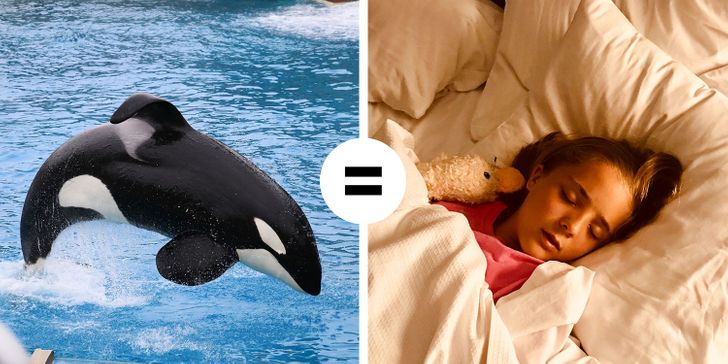
However, regardless of the reasons for and effects of sleep, sleep is a very inconvenient process in evolutionary terms. The brain shuts off for several hours and leaves an animal without the ability to recognize danger and protect itself. Thus, animals like whales and dolphins developed an over-vigilant sleeping system, which is called an unihemispheric slow-wave sleep — a sleeping process where only one part of the brain rests at a time. And humans have developed a similar ability as well.
Your body reacts to a new place.
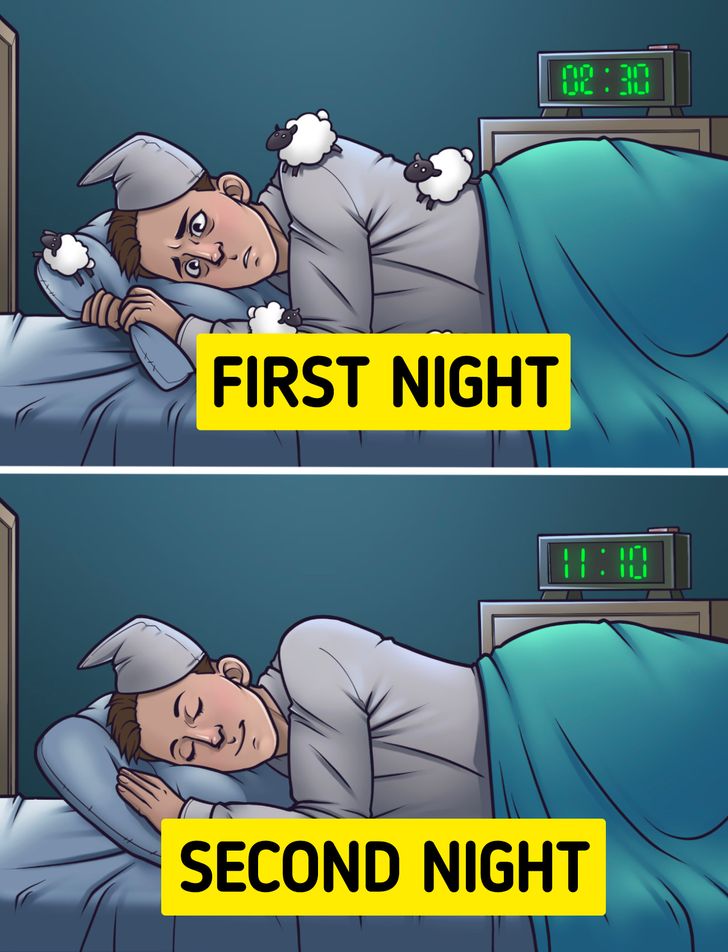
The phenomenon of struggling to get asleep or of sleeping well when you’re in a new place is called the first-night effect. FNE is a common issue and an area of study among sleep researchers. However, there was no common understanding of why FNE happens until studies conducted by scientists at Brown University found the scientifically explained causes of FNE.
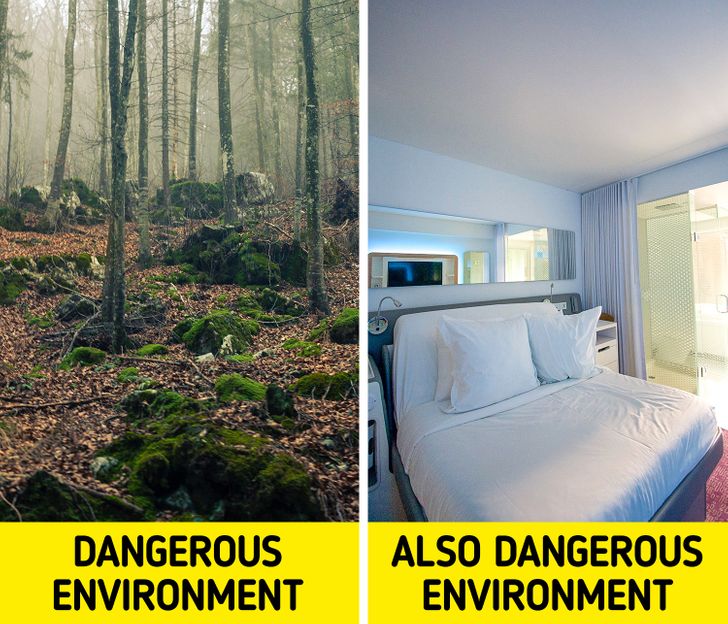
Turns out that when you sleep in a new, unknown place, your brain recognizes it as a potentially dangerous environment and doesn’t let you fully fall asleep. In other words, we have sleep difficulties because, just like dolphins, only one hemisphere of our brain rests when we sleep in a new place. Yuka Sasaki, one of the Brown University scientists, says that “our brains may have a miniature system of what whales and dolphins have.”
The experiment proved the imbalance of sleep.
October 13, 2021
2,004 3 minutes read
Related Articles
Check Also
Close

